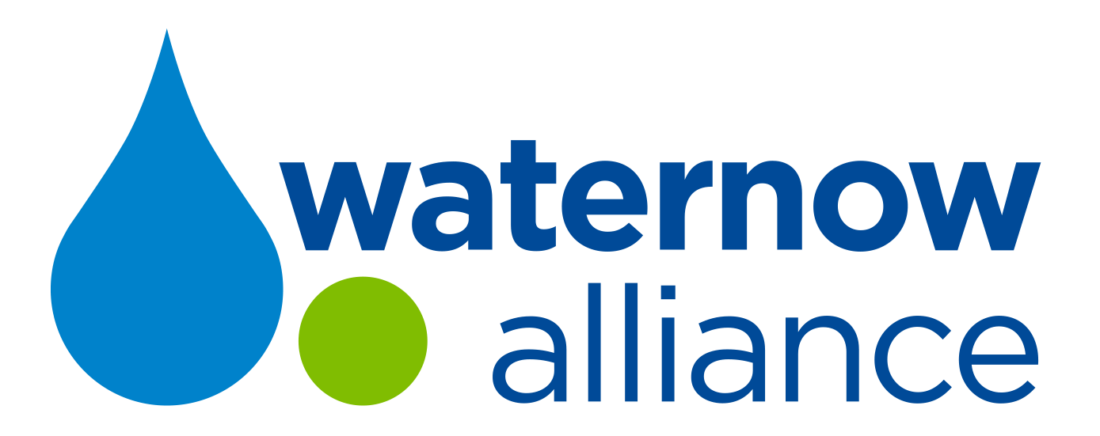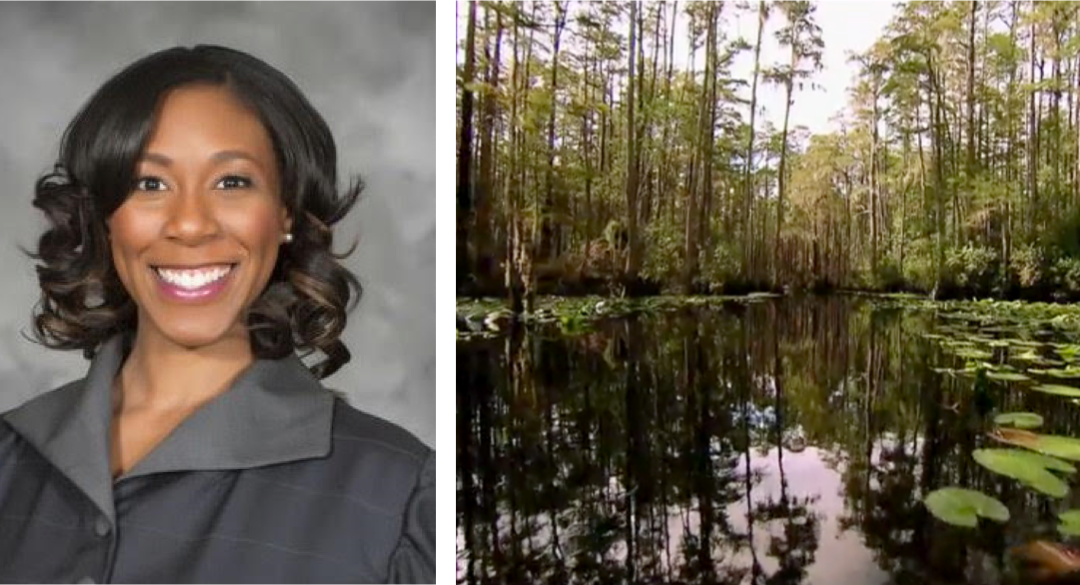A conversation with Councilmember Shayla Nealy, Union City, GA
Councilmember Nealy is no stranger to water infrastructure. In addition to her position on Union City’s City Council, which she’s held since 2013, she is the Director of Infrastructure Programming for Wendel, a nationally recognized design, construction, and energy services company (ESCO). Prior to that, she was the Water Resources Engineer for Clayton County Water Authority. Councilmember Nealy brings her breadth of professional experience in engineering and the utilities sector to her work in Union City by prioritizing smart, sustainable water solutions that benefit the community and the environment—now and in the future. She has been a WaterNow member since 2018.
WaterNow recently caught up with Councilmember Nealy to learn more about Union City’s sustainable, affordable water priorities.
How has your professional background in engineering and the utilities sector informed your role on the City Council? And vice versa?
The role that I had working for Clayton County Water Authority was as the liaison for six cities in the unincorporated county to handle permit concerns and to manage stormwater infrastructure. By having an engineering background, I was able to have discussions with the elected officials of these cities in a way that was relatable. Given my experience on the Council, I was able to understand their perspectives and say, “here's some additional information that you might not have,” or, “this is why it's important for specific fees to potentially be imposed.”
Now, as the Director of Infrastructure Programing at Wendel, I work specifically in the local government sector and given my background in public administration, I think it’s helpful for our clients to work with someone who understands the dynamics of their needs. This has been a great opportunity for me because I’m not only doing a lot of stormwater management support, but I’m also assisting with water and wastewater treatment processes.
Understanding cities’ and utilities’ financing, permitting, and other needs and requirements has also helped me to guide Union City’s best management practices. I'm very honored that the staff looks to me for guidance, whether it’s for particular research, engineering principles, emergency work, or improvement projects.
What were your top water priorities for the City after taking office?
One of the things that I still prioritize to this day - when there is a particular rezoning project or a concept plan that comes to me - is the preservation of the city's natural resources. Pollution is harmful, and if we don't get enough rain our water bodies can deteriorate. By ensuring that we have adequate buffers on our stream segments we can protect the health and vitality of these corridors.
Infrastructure is another important priority. The city was founded in 1908 and while we’ve had upgrades to our infrastructure, over time, things get weathered and deteriorate. I’d ride the streets and see sinkholes and I knew that there must be a break in the line or some type of road corrosion taking place. I knew that we needed to ensure that we had the funding in place to be able to do necessary infrastructure upgrades.
Union City averages approximately 51 inches of rain annually, much higher than the national average of 38 inches annually. What types of solutions is Union City implementing to manage its stormwater?
The Mayor’s Park Storm Sewer Rehabilitation Project is one of our solutions to managing stormwater, and it’s a project that I hold dear because it’s such an important city-wide facility that our residents use. The park had a storm sewer issue due to failing pipe, so we had to close it down for a little while in order to conduct the engineering analysis and pipe revitalization. Once we completed this process, we installed bioswales to capture stormwater, walking trails for our residents to use, and other amenities like a beautiful water feature and a playground. The park upgrades were paid for through the City’s stormwater utility fund.
This is just one of many projects that we’ve been developing under our Stormwater Management Rehabilitation Plan. We’re using GIS data, field observations, and asset management techniques to determine where our weak points are, what our potential failures are, and where the most flooding is occurring. Some of these projects are larger pipe upgrades and some are smaller scale projects using green stormwater infrastructure. For example, if we need to upgrade a standard storm pipe under a roadway we might take the opportunity to add additional curb and gutter capacity and an enhanced bioswale to capture stormwater.
Union City is also prioritizing an automated water meter replacement program to support water loss detection in the system. In a City that has so much rainfall, why are you concerned about water efficiency?
If we’re not understanding how much water we’re using then we’re not understanding the true needs of our residents. With the meter replacement program, we are able to charge our customers a correct water rate and ensure that the utility has the necessary funding to continue with our full level of service.
With meters that read correctly, our staff can also pinpoint leaks on the customer-side of the meter and make sure that ratepayers are fixing leaks that not only affect their water bills but put more strain on our water resources.
We get our drinking water from the City of Atlanta, and at times we’ve been affected by water shortages. Much of the water in Georgia comes from constructed wetlands, large lakes, and reservoirs, and these water storage reserves get drawn down in periods of drought so water conservation is increasingly important.
Why do you think that sustainable water management in Union City and in the greater Atlanta area is so important?
When we’re not thinking sustainably, we're just living life haphazardly as if we don't have a responsibility to this generation and to our future generations. We need to be administering best management practices so that we can prepare for our community's growth and development. We need to make sure that we have places for our residents to live, work, play, and stay.
It makes me happy to see that organizations like WaterNow Alliance are rallying around the importance of sustainable water management and finding leaders who want to step up to the challenge and identify solutions to our ever-growing water challenges.

